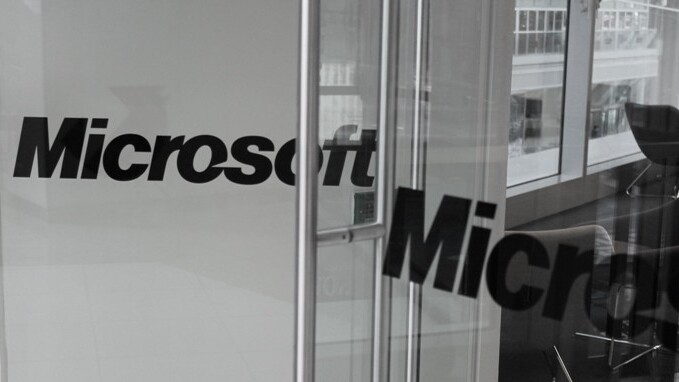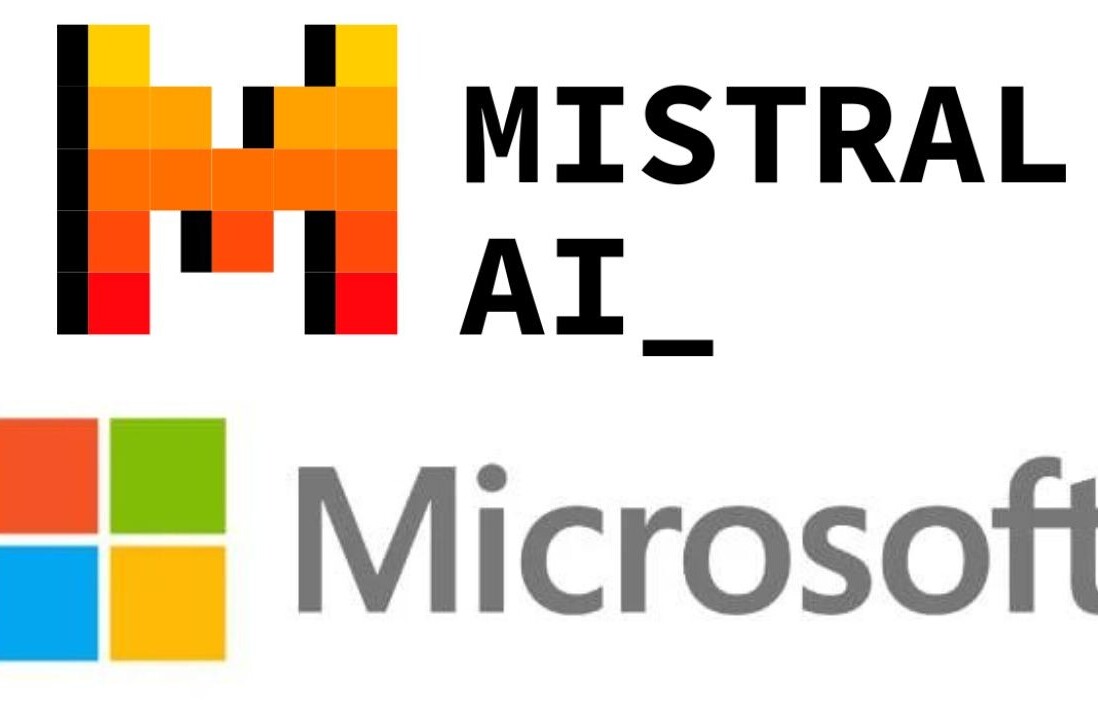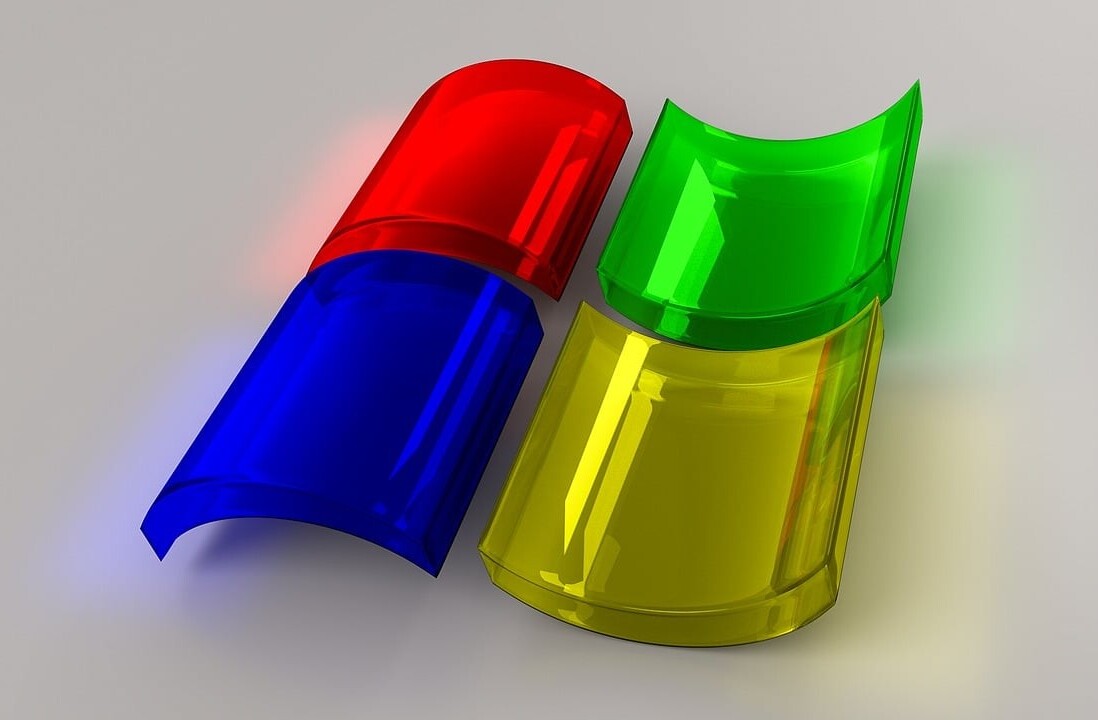
Microsoft’s once all-conquering, omnipresent Internet Explorer may have fallen from grace as the dominant browser globally, but the software (and hardware) giant is making big strides as it attempts to reposition IE as a browser to be reckoned with. How’s it doing that, you ask? With Atari, of course.
Indeed, with IE6 slowly being consigned to the scrapheap, IE9 finally emerged as a rather decent browser in 2011 – an assertion that Mozilla actually agrees with. We’ve had more than a few tinkerings with IE10 ahead of its full public launch, most notably when Pulse was optimized for the Microsoft browser and, more specifically, the new line of Windows-based tablet computers. Though it was created in HTML5, the browsing experience has the speed and responsiveness of a native app, with neat screen transitions actioned by two-finger/one-finger swishes and swipes.
Indeed, over the past year Microsoft has been really pushing the power of its HTML5-powered Internet Explorer with a series of big-name partnerships designed to broadcast the good word – that IE is actually one of the cool kids after all.
With a browser-based Cut The Rope game earlier this year, as well as a Hunger Games and Brandon Generator link-up, Microsoft’s latest partnership sees the mighty Atari brought on board to bring its slew of classic games to the modern HTML5/touchscreen generation. Step forward, Atari Arcade.
This partnership will see Pong, Asteroids, Centipede, Combat, Lunar Lander, Missile Command, Super Breakout and Yars’ Revenge injected with a little HTML5 goodness. And more games will be added over time.
Now, hearing the Atari name will either make you go dewy-eyed with nostalgia, or blurt out huh? – depending on your age. Just to give you the briefest of recaps – Atari pretty much defined the computer games industry throughout the seventies and eighties, producing and selling games, home consoles/computers and arcade machines around the world.
These days, it still makes a myriad of games available for mobile apps and online play. But with this latest partnership, Atari’s back catalog will get a kiss-of-life, whilst simultaneously helping Microsoft demo the potential of HTML5 in the gaming realm.
Atari: 1972-2012
Atari launched Pong in 1972, which makes it forty years old this year. It was a groundbreaking game at the time, and Atari went on to launch a number of other classic video games.
“Atari wondered how they could bring some of those classic games to people in 2012, and make them relevant for today,” said Ian Moulster, a Product Manager for the Windows team at Microsoft. “We worked with Atari and a developer called Grant Skinner, which builds Flash and Web-based games. We asked how can we build some of these classic Atari games using HTML5, Javascript, CSS…and do so that they’re optimized for Touch?”
And so they did – they built a series of multi-player, online games, with social network integration also built-in – games fit for the 21st century. The Next Web got a hands-on demo with these games ahead of today’s launch, and as with Pulse, they had a completely native feel – no lag, nothing.
It’s also worth noting here that although these games have been built with Internet Explorer in mind, they will work on any compatible HTML5 browser, though Chrome and the likes will come bundled with adverts. Another sidenote – these games have been built with slightly-bigger screens in mind, so we’re talking computers and tablets. They will work on your smartphone, but they haven’t been optimized for such use.
Here’s what they look like…
Asteroids

Centipede

Combat

Lunar Lander

Missile Command

Pong

Super Breakout

Yars’ Revenge

A PR gimmick? Not so.
It would be easy to view this partnership as an easy, quick-win PR stunt to get the online buzz going around Microsoft’s browser. But the plan, it seems, is longer term and Atari Arcade will be a growing library of titles moving forward – developers can submit their games through the Atari Arcade DevCenter.
Developers will receive a royalty rate based on in-game monetization (from ads, tokens, virtual goods, etc.) This rate will be determined based on functionality, and Microsoft says it will be “competitive with top online arcade sites.”
Microsoft also notes that each publishing/distribution agreement will be unique, but the goal is to provide competitive terms in terms of exclusivity, royalties and ownership.
Earlier this week, Mozilla pushed its browser’s own HTML5 gaming capabilities with the launch of 3D first person shooter demo. The point of this video game was to show off the JavaScript and WebGL improvements in the latest Firefox release. We can perhaps to see a slew of HTML5 projects come to a browser near you in the following months, as the browsers limber up for battle.
So…if you’re a retro-gaming aficionado with your finger on 21st century’s technological pulse, it’s certainly worth casting your fingers across these reincarnations. And if you’re not yet on the iPad-bandwagon, fret not – they will work with a good old-fashioned mouse and keyboard too.
Can you believe that Super Mario Kart is 20 years old?
Get the TNW newsletter
Get the most important tech news in your inbox each week.




